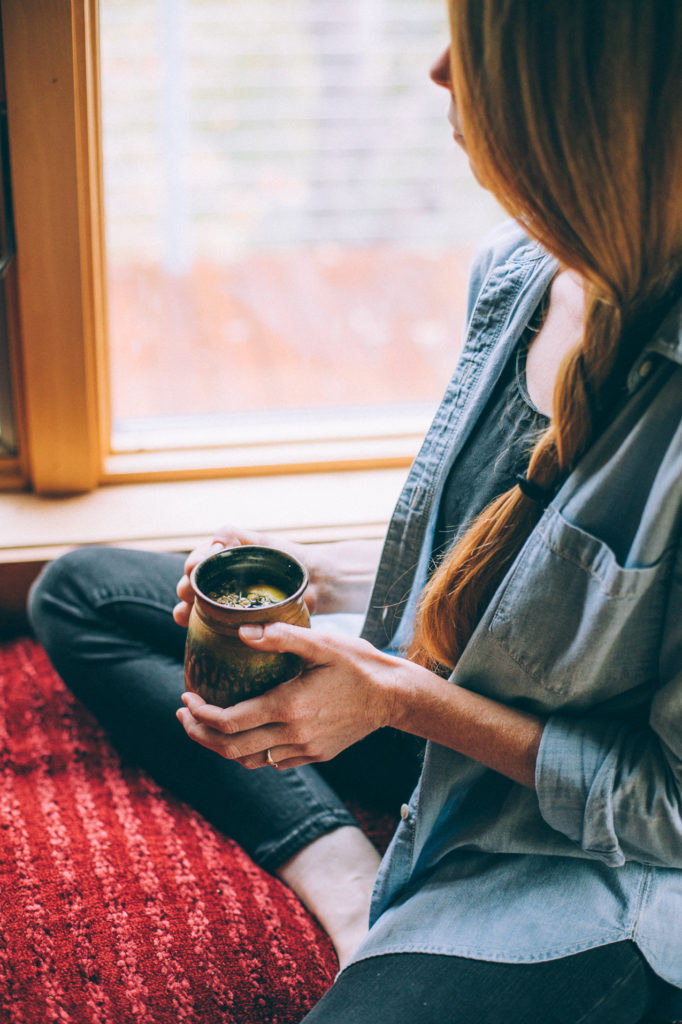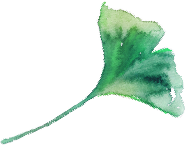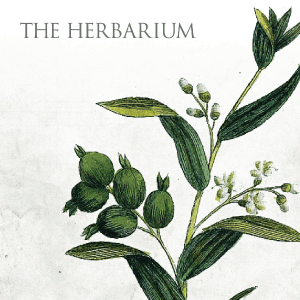
Let’s get into the nitty gritty details of stress. Specifically, the brain – stress – whole body connection and how this presents individually. Psychosomatic is defined as, “(of a physical illness or other condition) caused or aggravated by a mental factor such as internal conflict or stress”. When symptoms show up in the body “out of the blue”, there is almost always an underlying causative factor you may be overlooking, and stress is one of the most common causes. Every one of us presents with symptoms of stress, and we all have different experiences. As a practitioner, when I’m working with someone with a high stress load, I always ask them, “Pretend like I don’t know what the word ‘stress’ means. How does it show up for you when you’re stressed? What are you actually feeling?”. And everyone has a different answer. People describe stiffness in their upper body, racing minds, feeling overwhelmed, racing heart beat, unable to stay asleep, agitated, frustrated, angry, stomach aches, headaches, feeling hyper type-A and need control of everything that feels out of control, muscle spasms, exhaustion….the list goes on. But ultimately, stress starts in our mind. And from our mind, stress percolates down into the body and gets funneled into a dozen different symptoms. Which symptoms you feel first is unique to you, and this is how we determine appropriate herbs for how stress is showing up for you, specifically.
As an herbalist, I work with lots of stress reducing herbs in dozens of different combinations for any possible way stress may present in a person. As a human being, I show up with stress just like anybody else, and even I still sometimes struggle to find the right remedy because I can over think it (classic me). I’ve had a significantly stressful year, and my body had the symptoms to show for it. I developed eczema on my face, had some significant digestive issues, and lost a lot of weight over a short time…and I knew that stress was the cause even though I was presenting with very specific symptoms. Like most people, I couldn’t just immediately remove the stressor from my life which ultimately would solve the problem, so I had to work with it for a long time and address the symptoms as they showed up until I could shift my life enough to get rid of the stress altogether.
How much control we feel like we have over the causes of stress in our lives significantly impacts how our symptoms show up, and this is important to take note of when you’re looking for alternative or herbal approaches to your symptoms. First, what’s the cause of your stress? Second, can we remove, reduce, or manage this stress in an effective and positive way? Third, how are your symptoms associated with this stress? (ie, do symptoms flare when you’re around a certain person, or when you feel like you’re in control of a stressor do your symptoms reduce?). Fourth, what are you doing for self care support? How are you helping yourself even in small ways? We may not be able to get rid of what’s stressing us, but we can allow enough time for sleep, and meditate daily, and take deep breaths at every red light, and ask for help when we need it, and take 20 minutes to take a long walk or give our body exercise. All of these things help over time.
For the psychosomatic stress symptoms themselves, here are six of my most used herbal supports for six different ways stress may show up:
Skullcap (Scutellaria lateriflora) – Skullcap has been my go-to herbal ally for a long time and works ideally on how my body holds stress. I hold stress in my shoulders and neck, often feeling the tightness and strain clenched up all the way into my jaw muscles. I also hold stress in my lower GI (small and large intestines) and generally can’t eat hardly anything when I’m stressed because my lower GI muscles are so tense. Skullcap is ideal for those who hold tightness in their muscles and musculoskeletal system – being calming, relieving, and decompressing to tension held in the muscles, joints, and digestive area. Skullcap has classically been used for folks who feel “overexposed” – like the world is too big and bright for them, they’re sensitive to crowds and stimuli and other people’s energy and generally have a sense of overwhelm of responsibility. They’d love to just retreat into a cave with their mom and a teddy bear and just escape. This is the classic skullcap person. And a cup or two or three of skullcap tea a day is just the thing to bring some calm, gentle relaxing and reassuring energy into these stressed, highly senstivie folks.
Tea: Steep 1 tablespoon into 4 cups hot water, let steep for 10-12 minutes and drink throughout the day.
Tincture: I dose about 30 drops (1ml) in 2-3 ounces water every 2 hours for acute stress.
Learn More: Skullcap Uses + History / Daily Habits for Highly Sensitive People / How Stress Affects Digestion
Shop: Organic Skullcap (looseleaf) / Skullcap tincture
Chamomile (Matricaria recutita) – I’ve written about the beauty of chamomile here before, and for stress specifically it’s one of the most tried and true remedies as a general calming nervine. When the body is under stress, this releases our primary stress hormone, cortisol, which over time is inflammatory to the body. Chamomile is one of the most effective stress relieving herbs because it helps to support the body’s overall response to inflammation, thus relieving the body of one of the primary causes of extra stress (increased or uncontrolled inflammation). It’s also a classic example of of “herbs are not created for our issues” (ie – there’s no one “herb for stress” or “herb for a stomach ache”). Lots of herbs deal with stress and lots of herbs deal with stomach aches, but what’s the actual cause? Chamomile is multi-functional, as inflammation targets every organ system, so does chamomile, making it a beautiful and effective sustainable solution to managing stress long term. Chamomile is one of the most gentle and effective stress relieving herbs for people of all ages, including children and elderly folks, and I find it to be especially useful for pre-teen / teenagers in particular.
Tea: Steep 1 -2 tablespoons in 4-6 cups hot water and let steep for 8-10 minutes. Drink throughout the day.
Tincture: I Dose about 15 drops every hour as needed for acute stress (great for travel anxiety too!)
Learn more: Chamomile – An Overview / Cortisol & the Adrenal Glands / Matricaria Uses, History and Preparations
Shop: Organic Chamomile (looseleaf) / Chamomile Tincture
Turmeric (Curcuma longa) – Following the line of thought around cortisol and inflammation is where turmeric comes in. One of the primary symptoms of stress for many people is skin conditions like eczema or psoriasis. The skin can erupt in itchy patches that flare when stress is high, and increased inflammation is always at the root of red, inflamed skin conditions that can be potentiated by the increased level of cortisol in the body. Turmeric is a classic multi-purpose anti-inflammatory that supports the liver specifically to manage this increased systematic inflammation and support the body’s response (symptoms) of cortisol induced inflammation. One thing to note about turmeric – it has a short half life, meaning it doesn’t stick around in the body for very long. Repeated dosing, or eating meals with turmeric throughout the day, is the ideal way to consume turmeric for best therapeutic benefit.
Powder: Add 1/2 teaspoon to each meal during your day
Capsules: Follow dosing directions on each bottle, but ideally choose a product that contains the whole root Curcuma longa + 95% curcumin + added black pepper or rosemary for increased absorption.
Learn More: Turmeric & Skin Health / Stress, Skin & Inflammation
Shop: Organic Powder / Capsules
Motherwort (Leonorus cardiaca) One of the most underused herbs, I think, especially for stress that shows up as a rapid heartbeat or tightness in the chest. As it’s name ‘cardiaca‘ suggests, it has affinity for the heart, and is negatively chronotropic, meaning it slows the heart rate. Motherwort is a calming nervine that I incorporate specifically for folks who report their heart beat racing when they’re stressed, or feel this symptoms as they’re going to sleep at night (which is one of the most common times stress strikes). It’s a potent herb, on the very bitter side, so you can really taste the medicine in this one. Start on the lower end of dosing and see how you respond before increasing your dose, and generally I recommend a tincture for this one due to the taste. BUT, side note – a tea made with skullcap + motherwort + an aromatic herb like lavender is a winning calm down formula! When you add a sweet herb in with a bitter, it helps to balance the flavors.
Tea: Steep 1/2 teaspoon in 2 cups hot water and let steep for 6-7 minutes (ideally with a sweet herb as well like lavender or peppermint) or add honey to cut the bitterness. Sip once daily or before bed.
Tincture: Dose 10 drops in about 1 ounce of water 1-3 times daily for acute support.
Learn More: About Motherwort
Shop: Organic Motherwort (looseleaf) / Tincture
Holy Basil (Ocimum sanctum) Also known as tulsi, this is my favorite herb for those who have daily or chronic stress with little end in sight. It’s for those who can’t eliminate their stress for whatever reason, and just need some adaptogenic support to get through it in the meantime. Holy basil is supportive of the adrenal glands (which house our cortisol) and help to modulate the release of cortisol during times of stress so we don’t burn through it as quickly. This not only helps to balance our cortisol reserves, it also support out circadian rhythm long term which means our sleep is supported too. Much like chamomile, it functions as a broad spectrum anti-inflammatory as well, making is an ideal option for longer term use is stress is present for weeks or months at a time.
Tea: 1-3 cups Tulsi tea daily
Tincture: 30 drops up to twice daily mixed in a little water
Learn More: An Herb for All Reasons / Overview + History and Therapeutic Uses
Linden (Tilia spp.) Linden is the herb I usually turn to when folks report trouble sleeping due to stress. When we wake at night, and our mind races and our heart rate picks up and we can’t seem to fall back to sleep because we’re living a whole other day in our heads when all we want to do is sleep? Linden works pretty well for stress that shows up this way. When taken in the evening, it helps to reinforce what the body is already doing (slowing the heart rate a bit, lowering cortisol, calming the body, preparing the body for rest and relaxing the muscles). Linden combines well with chamomile in a tea and makes for a delicious and effective bedtime tea.
Tea: Dose 1-2 teaspoons in 3 cups hot water and steep for 10 minutes. Drink 1 hour before bedtime
Shop: Organic Linden (looseleaf) / Tincture
Further stress support – Creating a Care Plan for Yourself / Herbal Self Care for Stress Management Support
Disclaimer – as with any new herb or supplement, seek out the advice of a professional herbalist or ND before trying or combining herbs into your health routine. Herbs are also drugs, and do have effects that can unpredictable that are often dose dependent. More on herbs and their usage guidelines here.









